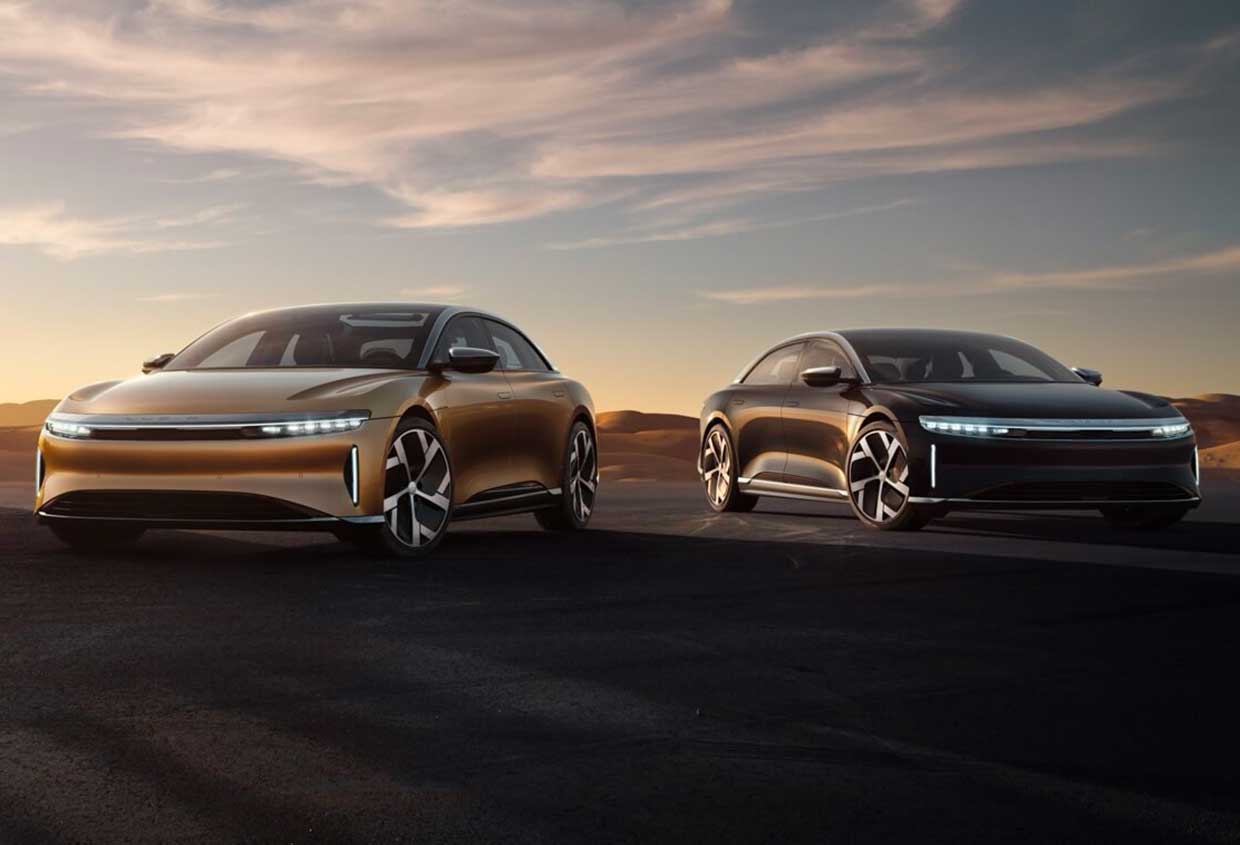After its announcement of a highly anticipated merger with SPAC Churchill Capital Corp IV ($CCIV), Lucid Motors has announced that deliveries of its first electric vehicle have been delayed. Lucid was slated to begin the deliveries of the Air Dream Edition this spring, but is now expected to see deliveries in the second half of 2021.
The news was revealed by Lucid’s CEO Peter Rawlinson during an in an interview with Bloomberg’s Ed Ludlow:
Lucid CEO Peter Rawlinson also released a letter regarding the EVs delays and its new expected delivery date. Rawlinson confirmed again that Lucid is now planning to begin deliveries of the Air Dream Edition as early as possible in the second half of 2021. The CEO sited the effects of COVID-19 as one of the main factors.
The letter also states that the automaker has made excellent progress in bringing the car to market, however they now know that they “won’t be able to start delivering Lucid Air this spring” at the level of quality they want to provide. Setbacks to the supply chain, testing, and preparation for sales which were all brought on by the current ongoing global pandemic, resulted in the first deliveries of the electric luxury sedan to be pushed. The company is currently in the works building “release candidate,” near-production-ready vehicles at its facility in Casa Grande, Arizona.
Lucid will start with deliveries of its most expensive version of the electric luxury sedan, the Air Dream Edition, first with a starting price of $169,000 ($161,500 after the tax credit), and a EPA-rated range of 502 miles. However, a lesser expensive version dubbed the Lucid Air Pure will be available later with a starting price of the Air at $77,400, $69,900 after applying for the US government’s tax credit. The entry-level Air Pure is slated to compete directly with the Tesla Model S and just days after Lucid announced pricing for the Air Pure, Tesla announced it would be cutting the price of its Model S Long Range by $3,000, giving it a new starting price of $71,990. Even with the price cut, the Tesla vehicle is still $2,000 more expensive than the entry-level Air as Tesla vehicles no longer qualify for the Federal Tax Credit in the US. Something that could change in the near future with the recent proposal of the Electric Cars Act from US democrats that would lengthen the government-imposed cap that disqualifies Tesla and GM from EV tax incentives in the US.

